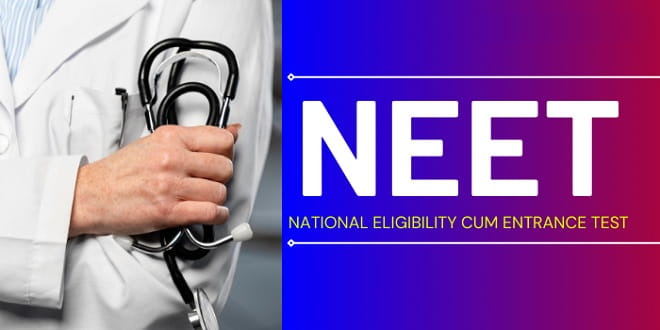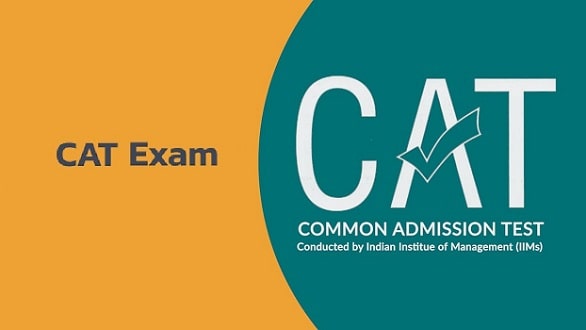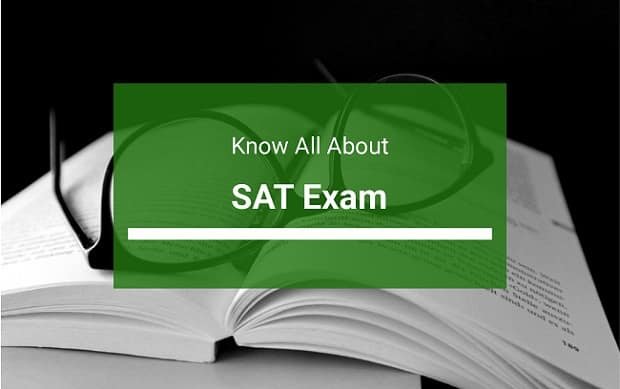Indian Administrative Service or IAS is one of the most prestigious positions in India. Apart this, you also have IPS and IFS, and all these come under Indian Civil Services. It is the dream of thousands of students every year to crack the exam for Civil. The exam for all these posts and many other posts is Civil Service Exam or CSE. It is considered as one of the toughest exams conducted in India and it is going to take a lot of hard work to crack the exam. Some people even try for three to four years for cracking this exam and still may not be able to succeed. That helps you understand the difficulty level of the exam. So, if you also want to prepare for the Civil Service Exam in India, then here is some very useful information about it:
What is Civil Service Exam?
CSE or Civil Service Exam is conducted every year by the Union Public Service Commission (UPSC) of India. The process of selection usually starts in the month of October and it is going to take almost one year for completing all the stages of selection. The exam is conducted in three different stages – Prelims, Mains and Personal Interview. Thousands of candidates apply for the CSE and only a very few candidates will be able to qualify the prelims round. But still the number of candidates who qualify prelims is at least 10 to 15 times more than the actual requirements. So, this helps you understand how tough is the Civil Service Exam. It takes almost one year for the completion of all the three stages. After the selection process is completed, the selected candidates will have to undergo relevant training to get the posting in the relevant posts.

Civil Service exam is conducted for two kinds of posts: Group A and Group B. Have a look at all the posts for which Civil Service Exam is conducted:
All India Services:
- Indian Administrative Services (IAS)
- Indian Police Services (IPS)
- Indian Forest Services (IFoS)
Group A Posts:
- Indian Audit and Accounts Service
- Indian Civil Accounts Service
- Indian Corporate Law Service
- Indian Defence Accounts Service
- Indian Defence Estates Service
- Indian Foreign Service (IFS)
- Indian Information Service (Junior Grade)
- Indian Ordnance Factories Service (Assistant Works Manager, Administration)
- Indian P & T Accounts & Finance Service
- Indian Postal Service
- Indian Railway Accounts Service
- Indian Railway Personnel Service
- Indian Railway Traffic Service
- Indian Revenue Service (CBEC)
- Indian Revenue Service (Customs and Central Excise)
- Indian Revenue Service (I.T.)
- Indian Trade Service
- Post of Assistant Security Commissioner in Railway Protection Force
Group B Posts:
- Armed Forces Headquarters Civil Service (Section Officer’s Grade)
- Delhi, Andaman & Nicobar Islands, Lakshadweep, Daman & Diu and Dadra & Nagar Haveli Civil Service
- Delhi, Andaman & Nicobar Islands, Lakshadweep, Daman & Diu and Dadra & Nagar Haveli Police Service
- Pondicherry Civil Service
- Pondicherry Police Service
Eligibility for Civil Service Exam
If you wish to apply for the Civil Service Exam in India, then there are certain eligibility criteria that you need to satisfy. They are related to your education, age and many other factors. To apply for the Civil Service exam you need to have at least graduation. It can be from any recognized university or college in India. Also you can complete your graduation in any discipline to apply for the CSE. We have discussed the age factor below. Only Indian citizens will be allowed to apply for the Civil Services Exam.
Civil Service Exam Syllabus
To prepare for the Civil Service Exam, you will have to prepare the following syllabus. The exam is conducted in three phases:
- Prelims
- Mains
- Personal Interview
Prelims:
You will have two papers in Prelims – General Studies I and General Studies II. Each paper is 200 marks and total it is 400 marks exam. The cut off will be declared for each category and only those successfully score more than the cut off will be allowed to take the next level of exam.
General Studies I:
- Current events of national and international importance.
- Economic and Social Development
- General issues on Environmental Ecology, Biodiversity and Climate Change
- General Science.
- History of India and Indian National Movement.
- Indian and World Geography
- Indian Polity and Governance
General Studies II:
- Basic numeracy
- Data interpretation
- Decision-making and problem-solving.
- English language comprehension skills
- General mental ability.
- Interpersonal skills including communication skills;
- Logical reasoning and analytical ability.
Mains Syllabus:
The main exam has nine different papers: one essay paper, four general studies papers and two optional papers, and also two language papers.
- One paper on an Indian language of your choice.
- One paper on English.
- One Essay Writing
- General Studies I
- General Studies II
- General Studies III
- General Studies IV
- Optional Paper I
- Optional Paper II
The mains exam is for 1750 marks, while the personal interview is for 275 marks. That means, it is a total of 2025 marks. Only the marks scored in mains and personal interview will be taken into consideration. The prelims is just a qualifying round and those marks will not be considered at all. The interview is also going to be the toughest stage to crack and so you need to be prepared well.
Age Limit for Civil Service Exam
While applying for the Civil Service exam, you will have to read the notification very carefully. Age is one of the most important factors that you need to keep in mind. So, here is some information about age.
- The candidates apply for CSE should have a minimum age of 21 years and a maximum of 32 years.
- The SC/ ST candidates get a relaxation of five years.
- The OBC candidates get a relaxation of three years.
- The Ex-servicemen get an age relaxation of five years.
Fees for Civil Service Exam
You will have to make the fee payment when you wish to apply for the Civil Service exam. It is different for different categories and here is the information for you.
- For the general Category men, the fee for prelims exam is Rs 100 and for the mains it is Rs 200.
- For the OBC and EWS men, the fee for prelims exam is Rs 100 and for the mains it is Rs 200.
- Female candidates from all categories are exempted from paying the fee.
- PH/ SC/ ST candidates are also exempted from paying the fee for Civil Service Exam.
When it comes to the mode of payment, you can choose to pay it online and offline. Online payment can be done depending on the options displayed to you. If you wish to pay it offline, then you will have to make the payment at the State Bank Of India. You can take the print of the slip and then visit your nearest SBI bank for making the payment.
The registration process of Civil Service Exam
Here is the process of registration that you need to follow when you are applying for the Civil Service Exam.
- You should first go through the notification properly and make sure that you meet all the requirements.
- Now visit the official website of UPSC and click on the link for which you wish to apply for.
- You will be asked for certain details like your personal details, your education details, address and ID proof. You will have to fill in all the details and also submit all the relevant documents in the form of scanned copies.
- You should also upload your photo and signature copies.
- Once you are done with all this you will be redirected to the payments page. You can choose to pay online or you can even choose to pay offline.
- If you are making the payment online, then you will have to choose the options available on the website.
- If you are making the payment offline, then take a print of the pay-in slip and visit a nearest State Bank of India bank. You can make the payment and collect the challan. Once you get the challan number, you will have to enter that number on the same website and complete the registration process.
- Once you are done, you will receive an acknowledgement and that has to be downloaded and saved for further reference.

Rahul Kumar is a passionate educator, writer, and subject matter expert in the field of education and professional development. As an author on CoursesXpert, Rahul Kumar’s articles cover a wide range of topics, from various courses, educational and career guidance.



